Goldman Sachs expects oil prices to decline through 2026
Given the weak growth outlook amid a global trade war, the bank expects that oil demand will rise by only 300,000 bpd between the end of last year and the end of 2025
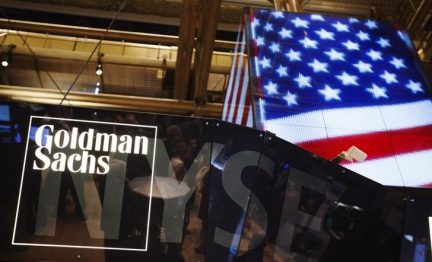
Given the weak growth outlook amid a global trade war, the bank expects that oil demand will rise by only 300,000 bpd between the end of last year and the end of 2025
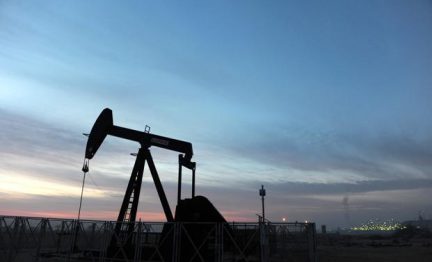
Oil prices settled higher after U.S. crude inventories fell and the U.S. Federal Reserve cut interest rates as expected, but gains were capped as the Fed signalled it would slow the pace of cuts
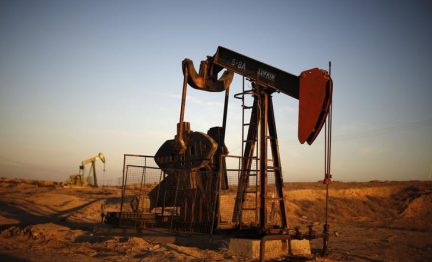
Oil futures fell nearly 2% as investors awaited an imminent OPEC+ decision on production cuts, while a larger-than-expected draw in U.S. crude stockpiles last week lent some support to prices

Oil prices rose as Russia and Ukraine exchanged missile strikes, overshadowing the impact of a larger-than-expected increase in U.S. crude inventories

Oil prices have plunged more than 5% after Israel’s weekend airstrikes on Iran targeted military objectives, avoiding oil and nuclear facilities

Saudi Arabia and Russia agreed to extend their voluntary oil production cuts through the end of this year, trimming 1.3 million barrels of crude out of the global market and boosting energy prices

A survey found that OPEC pumped 27.34 million barrels per day (bpd) this month, marking a decline of 840,000 bpd from June. This is the lowest output level since September 2021

Oil prices will struggle to break out of current ranges this year as a spike in the Delta coronavirus cases threatens to slow a demand recovery, a Reuters poll showed
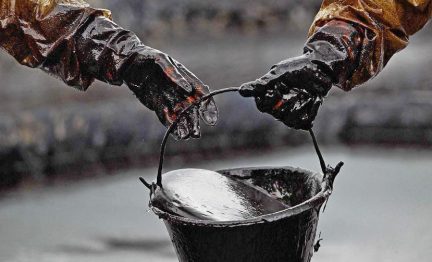
Oil prices steadied after four days of declines, with investors still worried about the outlook for fuel demand as the use of rail, air and other forms of transport is constrained by surging COVID-19 cases worldwide
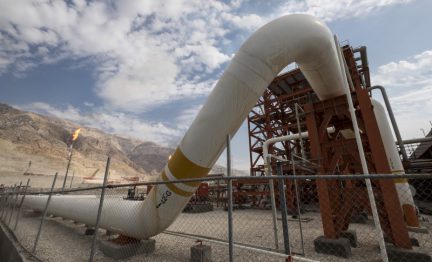
Oil prices rose more than $1, recouping some of the losses in the previous session, as rise of demand in Europe and the United States outweighed concerns over a rise of COVID cases in Asian countries